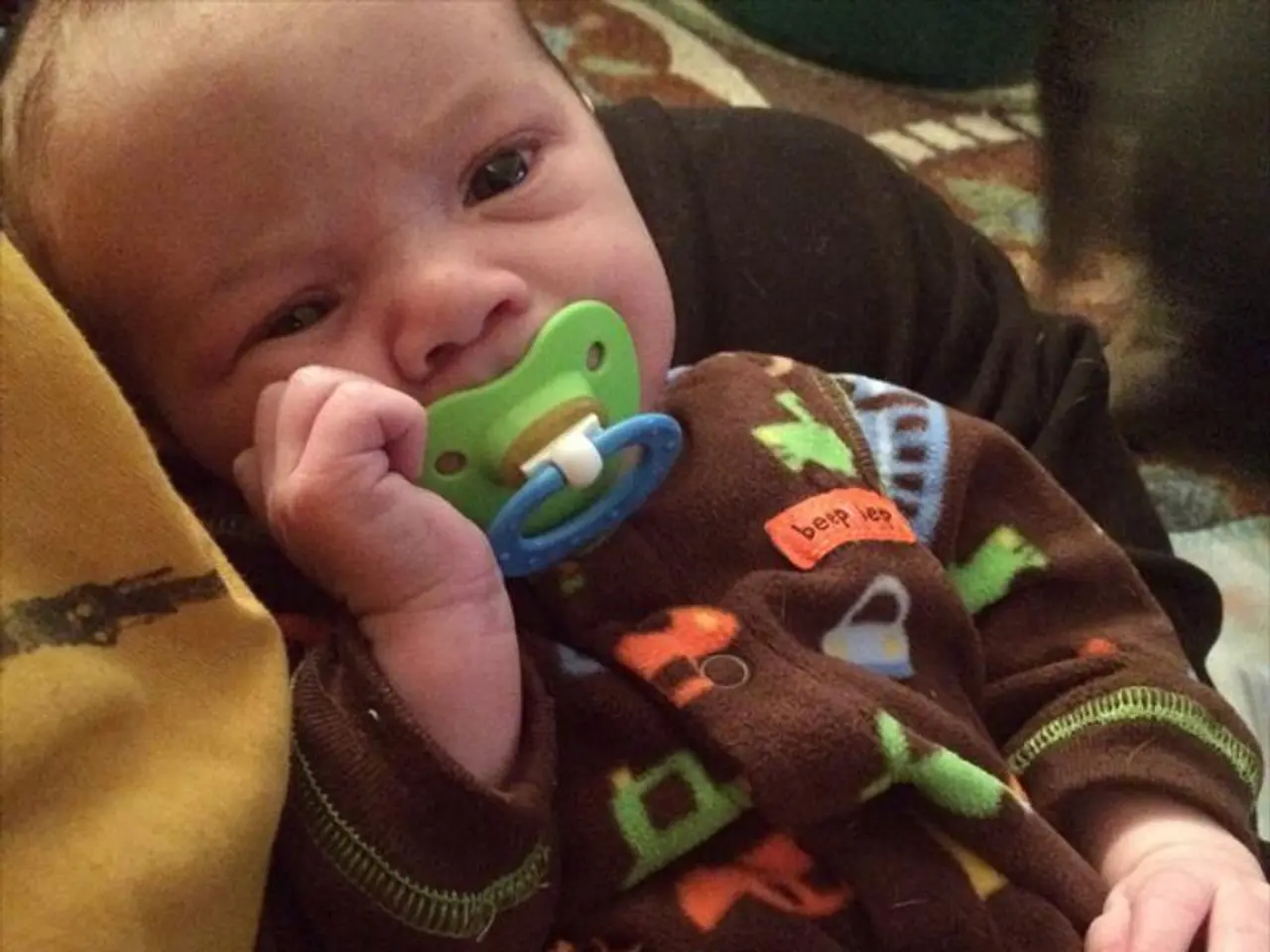Inquisitive Inquiries: What Causes Persistent Nipple Itchiness?
Nipples, a sensitive and intricate part of the body, can sometimes develop itchy skin. While hormonal changes and reproduction-related issues are common causes, itchy nipples can also be attributed to a variety of other factors.
The sensitivity of nipples is due to an elaborate network of blood vessels and nerve endings. Common causes of itchy nipples include hormone-related sensitivity, chafing, dermatitis, yeast infections, and mastitis.
Mastitis, or boob inflammation, can cause itchy nipples, particularly among lactating women due to clogged milk ducts. Nonlactational mastitis is less common but still possible. Symptoms of mastitis include warm, tender breasts, painful swelling, and abnormal nipple discharge.
Atopic dermatitis (AD), a type of eczema, can also cause itchy nipples. This condition affects 11 to 23 percent of people with AD, and breastfeeding might be a key trigger.
Contact dermatitis, an allergic reaction, can cause itchy nipples. Irritants include specific soaps, lotions, fabric content, or sweat.
A yeast infection, or thrush, can also be a culprit. This is particularly the case if you're sitting around with a sweaty sports bra or damp clothes. Symptoms of a nipple-y yeast infection include a shiny raised rash on or around the nipples, cracked or bleeding nipples, and shooting pains in the nipples, especially if breastfeeding.
During pregnancy, hormonal shifts can cause itchy nipples, and conditions such as PUPPP, pregnancy-related eczema, pruritic, prurigo, boob growth, and skin stretching can also contribute to itchiness.
Itchy nipples before or during menstruation can be caused by hormonal shifts, dryness, inflammation, small bumps or pimples, and swelling that can make bras and shirts feel tighter.
While some cases of itchy nipples may not indicate a serious condition, it is essential to consult a doctor if you notice any unusual symptoms such as a lump in your breast tissue, nipple flattening or inversion, yellow or bloody nipple discharge, thickened, scaly, or flaky skin around the itchy nipple, sudden, intense itchiness that only affects one nipple, or any other unusual symptoms.
If extreme itchiness persists, yellow, brown, or bloody nipple discharge occurs, cracked or bleeding nipples appear, thickening skin around the nipple occurs, changes in the texture or shape of the nipples occur, or persistent nipple or boob pain unrelated to the menstrual cycle occurs, it is crucial to seek the advice of a healthcare professional.
In some cases, itchy nipples might be a symptom of Paget's disease, a type of breast cancer, although this is rare.
To treat itchy nipples without an underlying condition, consider airing them out, applying anti-itch cream, assessing skin care products, taking a warm shower, and limiting shower time.
Regardless of gender, it is essential to pay attention to unusually itchy nipples, as folks born male-bodied are less likely to get breast cancer but should still be vigilant.







